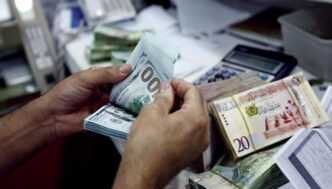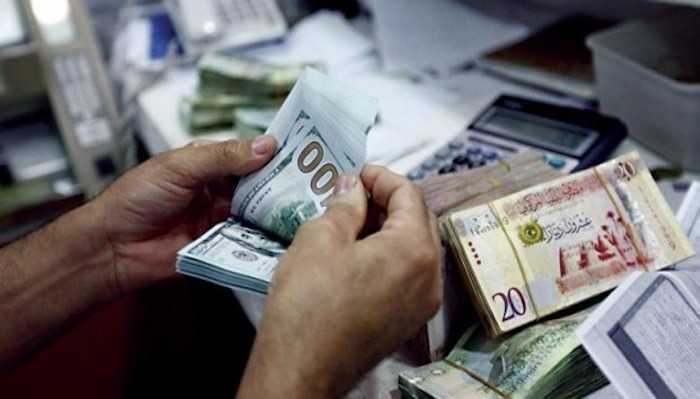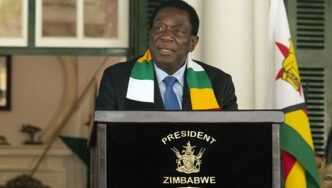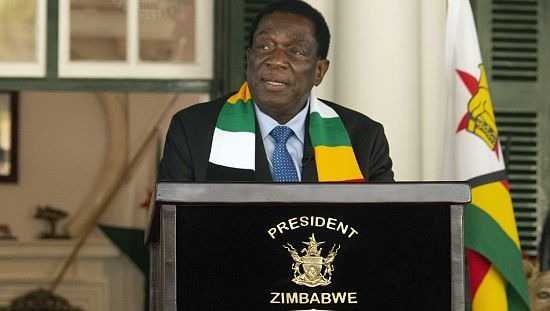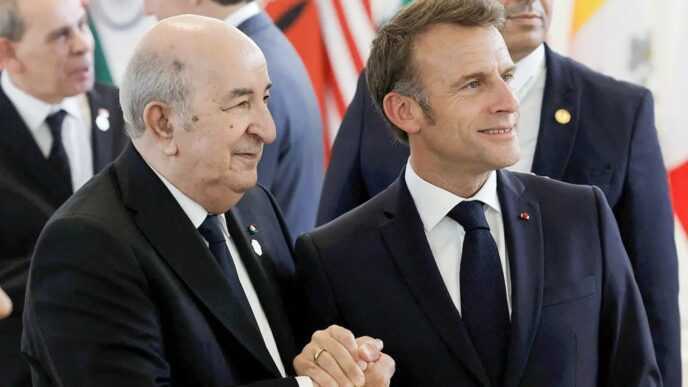Libya has undertaken a significant devaluation of its currency, a move that is expected to have wide-ranging implications for the country’s economy and its citizens. The decision to devalue the Libyan currency comes as the nation grapples with a complex interplay of economic challenges, deeply rooted in its volatile political landscape and heavy dependence on a single commodity: oil. Fluctuating oil prices, a perennial source of concern, have had a direct and destabilizing effect on Libya’s revenue streams. With oil accounting for the vast majority of its export earnings, any dip in global oil prices translates into a significant reduction in government revenue, impacting its ability to fund essential services, infrastructure projects, and social programs.
The devaluation is intended to make Libyan exports more competitive in the international market. By making Libyan goods and services cheaper for foreign buyers, the government hopes to stimulate export activity and earn more foreign currency. This influx of foreign currency can then be used to stabilize the country’s foreign reserves, address trade imbalances, and support government spending. Furthermore, a weaker currency could potentially attract foreign investment, as it makes it cheaper for foreign companies to invest in Libyan assets and operations.
However, the devaluation also presents significant challenges. Because Libya relies heavily on imports for many essential goods, including food and manufactured products, a weaker currency will make these imports more expensive. This increased cost will likely be passed on to consumers in the form of higher prices, potentially leading to inflation and a decrease in purchasing power, especially for those on fixed incomes or lower wages. The government will need to carefully manage these inflationary pressures to mitigate the potential negative impact on living standards. Finding that balance will be key to seeing long term results.
This move highlights the ongoing economic challenges faced by Libya, which is still recovering from years of conflict and political turmoil. The impact of the devaluation will depend on the government’s ability to implement sound economic policies and manage the transition effectively. This action puts pressure on the government.
The question now is: Will this currency devaluation achieve its intended goals and contribute to a more stable and prosperous economy for Libya? The outcome will depend on careful management.
Read also: Nigeria’s Naira: Stabilization Push
